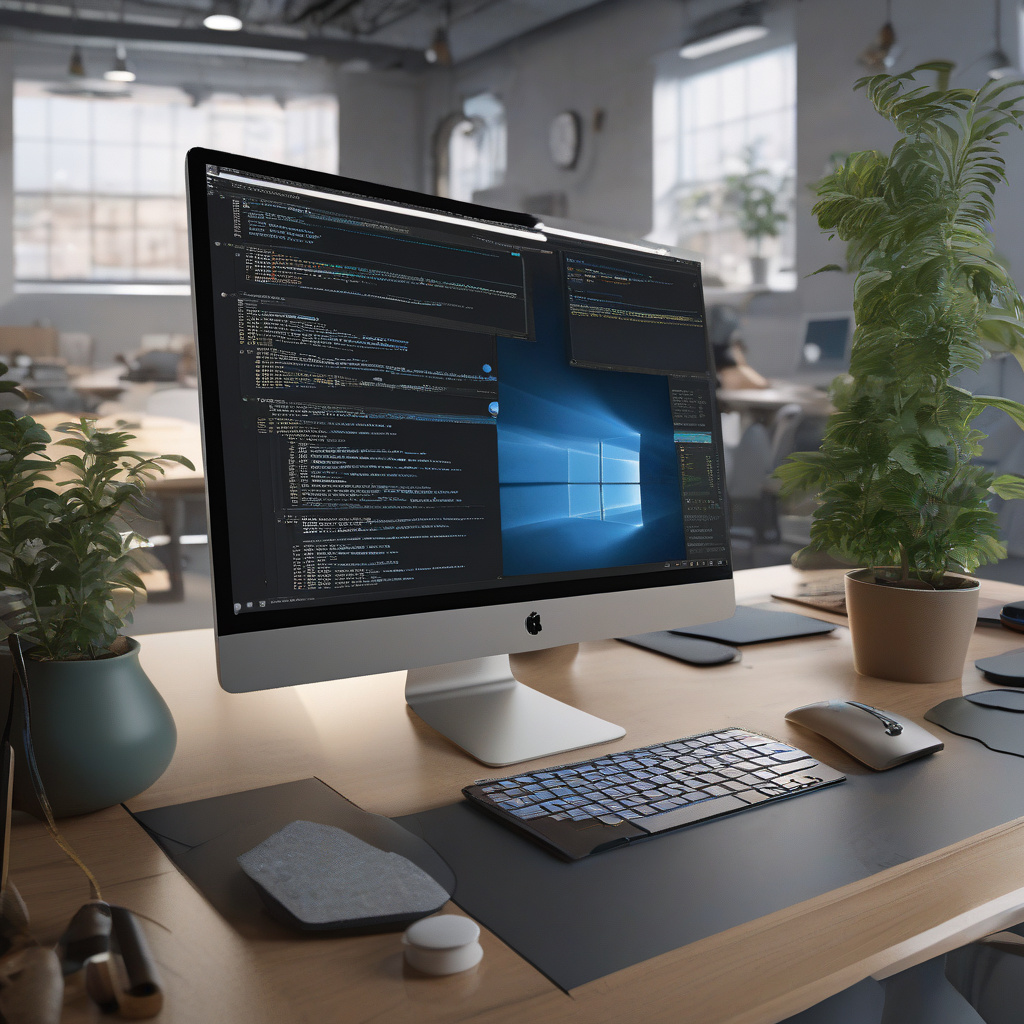In the fast-paced world of software development, efficiency is key. Tools that streamline processes and enhance visibility are like gold dust to developers. Docker, a household name in the tech realm, has revolutionized how applications are built, shipped, and run through lightweight containers. However, what truly elevates the developer experience is Docker Desktop.
While Docker Engine lays the groundwork for container management, Docker Desktop steps in to cater to the needs of developers in a more user-friendly manner. Think of it as the bridge between the complex backend operations and the developer’s daily workflow. This accessible platform brings Docker’s powerful capabilities to the forefront, making it a staple in modern development environments.
In the vast sea of container orchestration tools and microservices frameworks, Docker Desktop often flies under the radar. Yet, its significance in local development cannot be overstated. By providing a simple yet robust interface, it empowers developers to manage containers effortlessly right on their machines. This ease of use translates to a more seamless development process, allowing developers to focus on what truly matters – writing great code.
One of the standout features of Docker Desktop is its ability to enhance developer workflows. By enabling developers to build, test, and iterate on applications locally, it significantly reduces the time and effort required to deploy code. With Docker Desktop, developers can create isolated environments for different projects, preventing conflicts between dependencies and ensuring consistency across development and production.
Moreover, Docker Desktop plays a crucial role in improving observability within development workflows. Developers can easily monitor container performance, track resource utilization, and troubleshoot issues directly from the desktop interface. This level of observability not only enhances debugging capabilities but also promotes a deeper understanding of how applications behave in different environments.
Imagine being able to spin up containers with a few simple clicks, test new features in isolation, and gain valuable insights into application performance – all from one centralized platform. Docker Desktop makes this a reality, empowering developers to work more efficiently and effectively.
In conclusion, while Docker Engine lays the foundation for containerization, Docker Desktop emerges as the unsung hero that elevates developer workflows and observability. Its intuitive interface, coupled with powerful features, makes it an indispensable tool for modern development teams. By embracing Docker Desktop, developers can unlock new levels of productivity and efficiency in their day-to-day work. So, why not take your development workflow to the next level with Docker Desktop?

